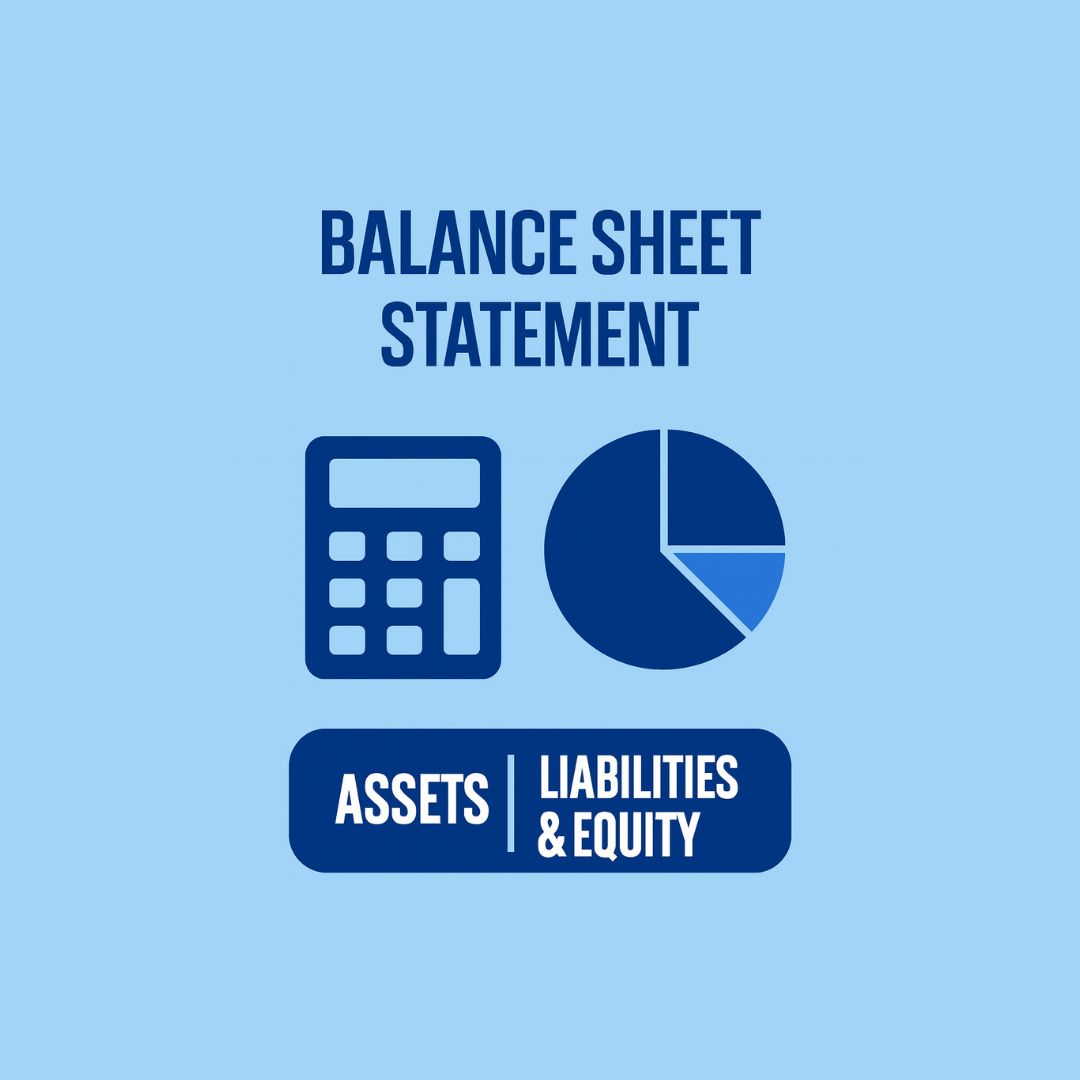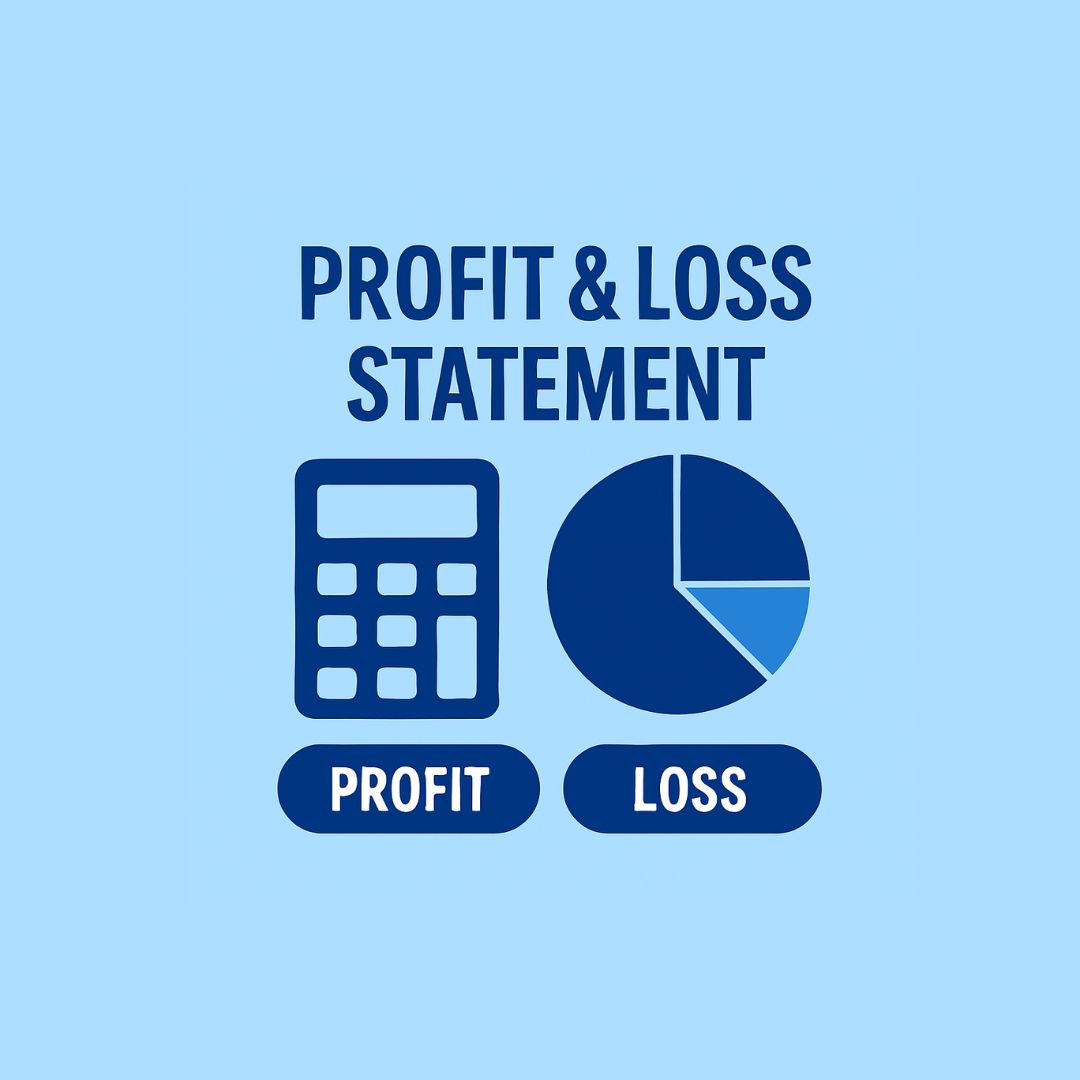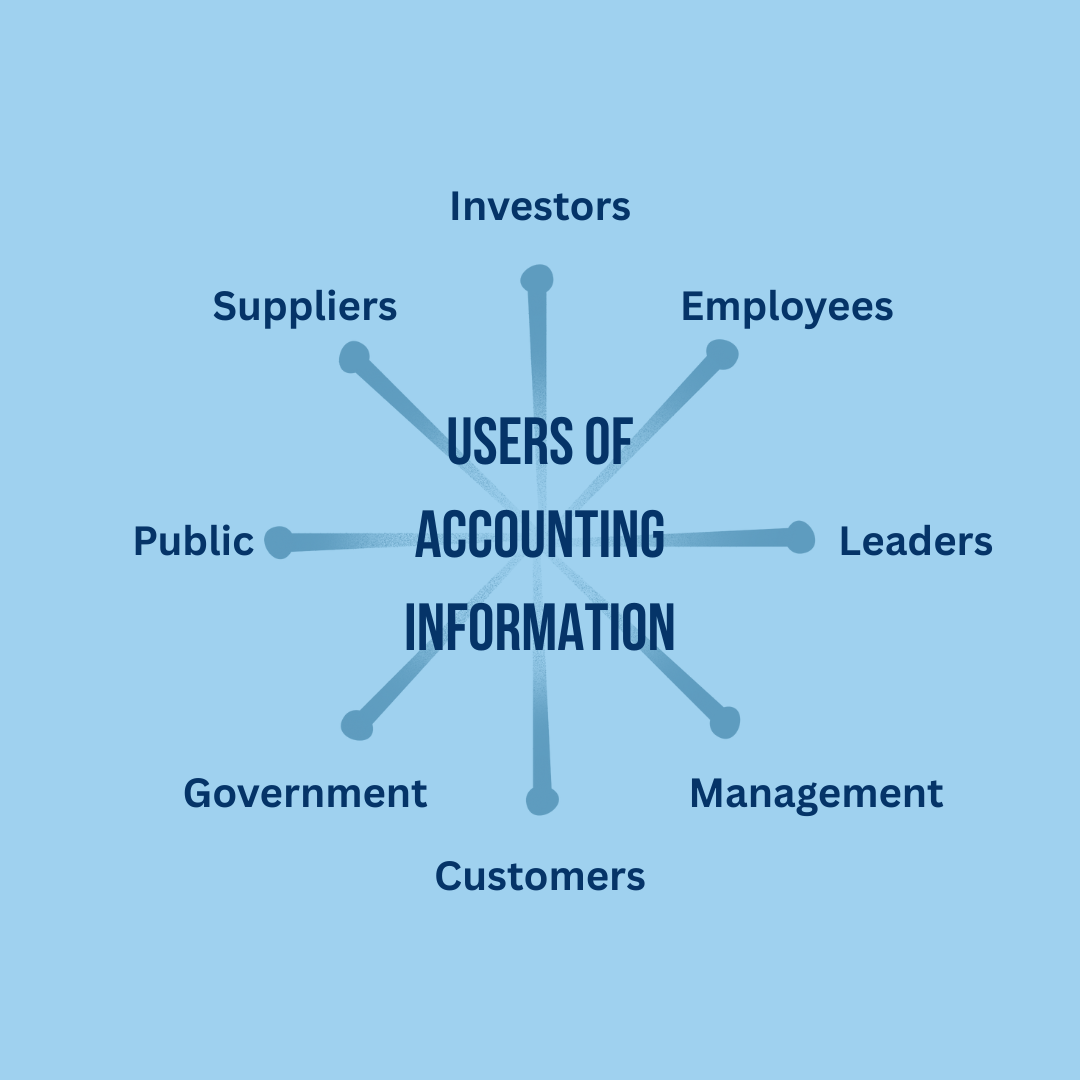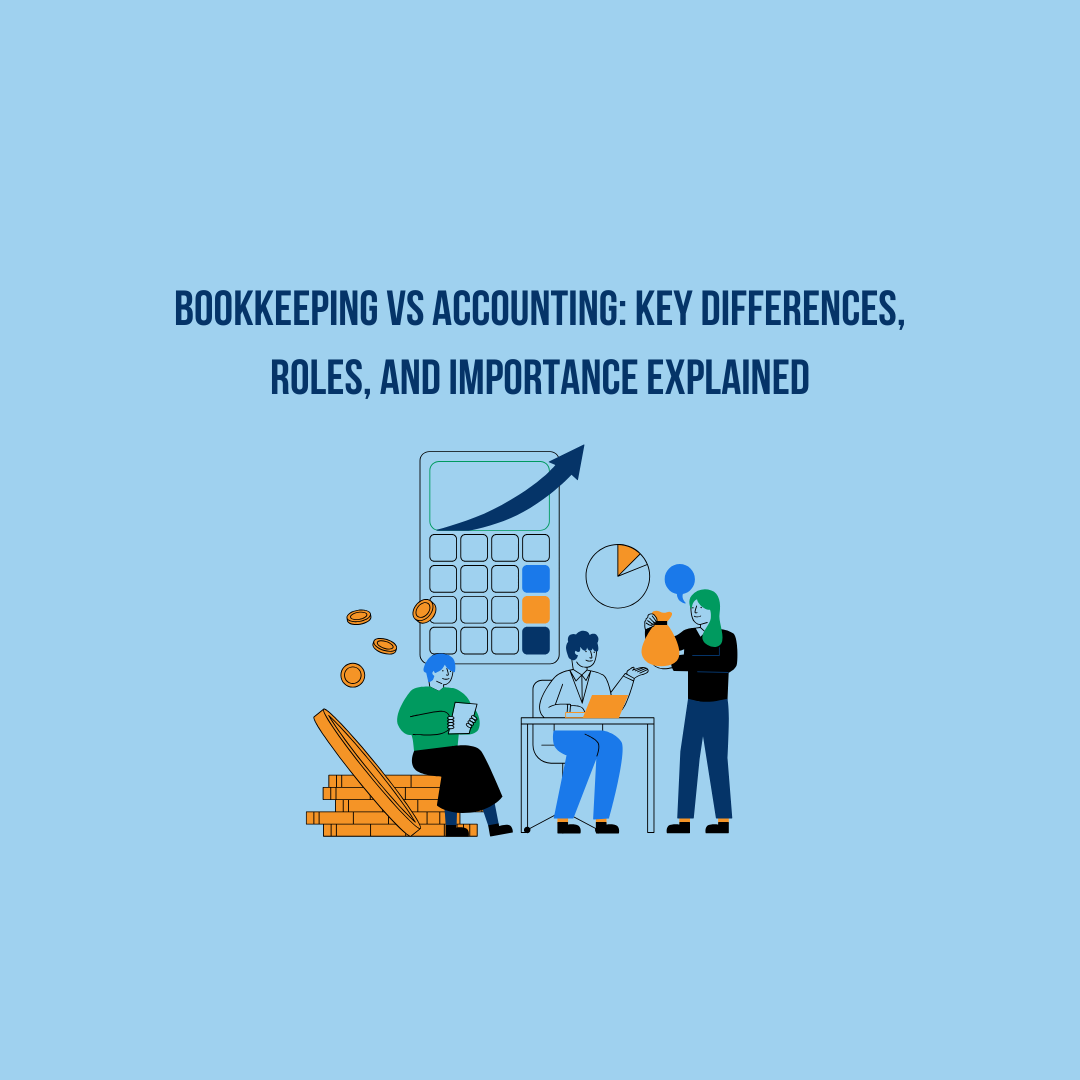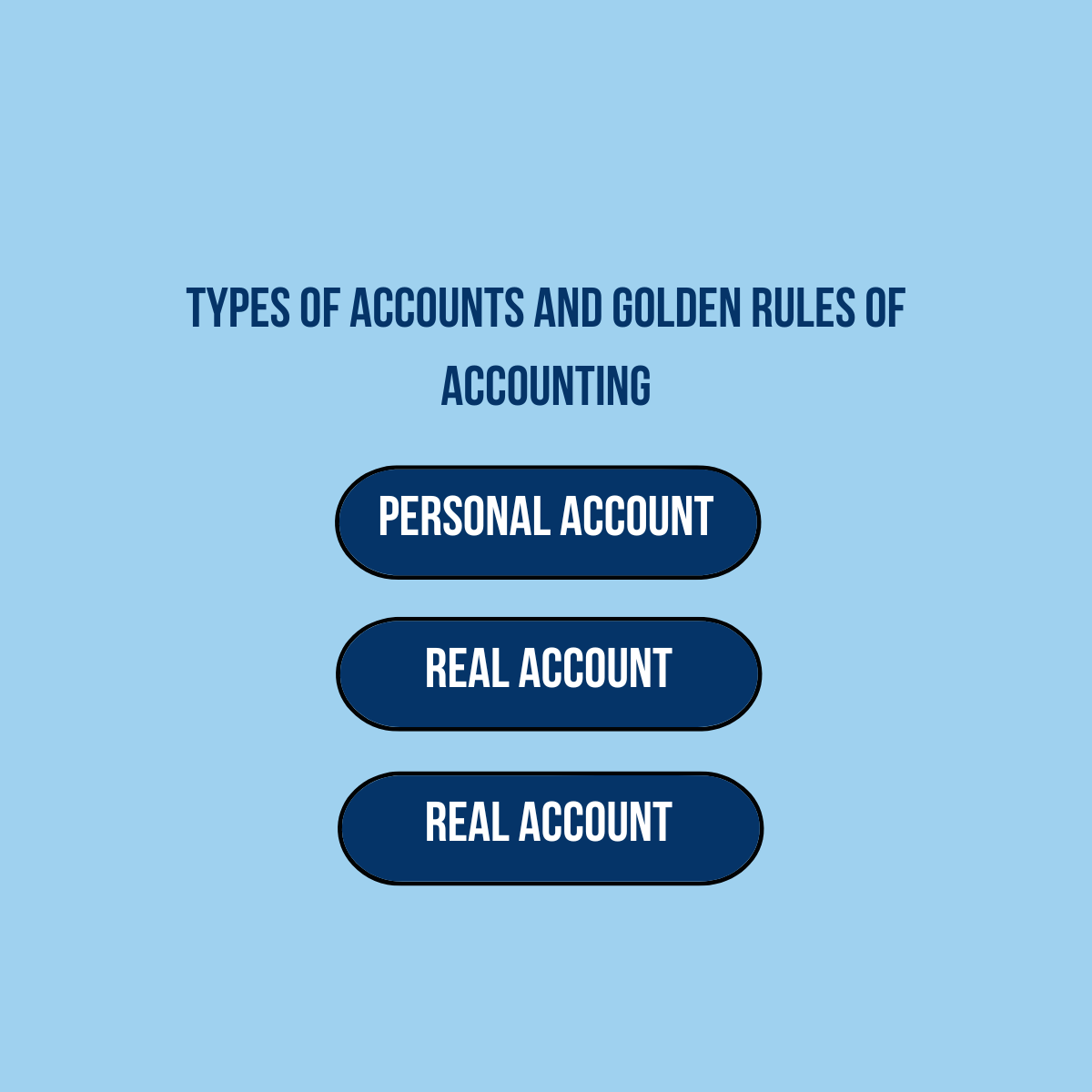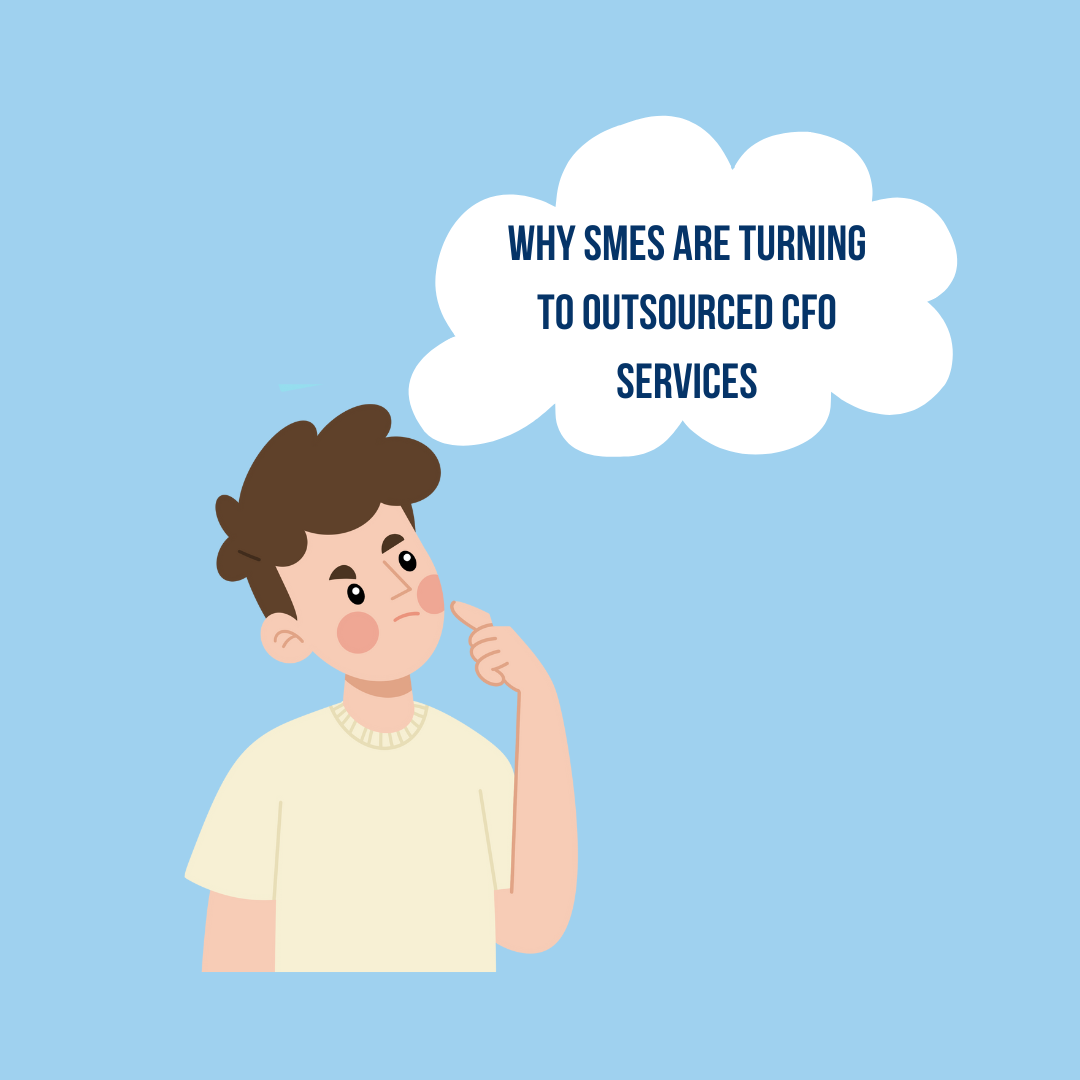Accounting information is the backbone of every business decision. It provides valuable insights into a company’s financial performance, helping various stakeholders both internal and external make informed choices.
Different groups use accounting information for different reasons: investors assess profitability, employees evaluate stability, and governments ensure compliance. Understanding these users of accounting information helps highlight how crucial accurate financial data is for any organization.
Meaning of Accounting Information
Accounting information refers to the financial data that organizations generate through their accounting systems. This includes statements like the Balance Sheet, Income Statement, and Cash Flow Statement, which reflect the company’s financial health, performance, and liquidity.
This information is used by individuals and groups known as users of accounting information to make decisions related to investment, management, operations, and regulation.
Different Users of Accounting Information
Below are the major users of accounting information and how they use it:
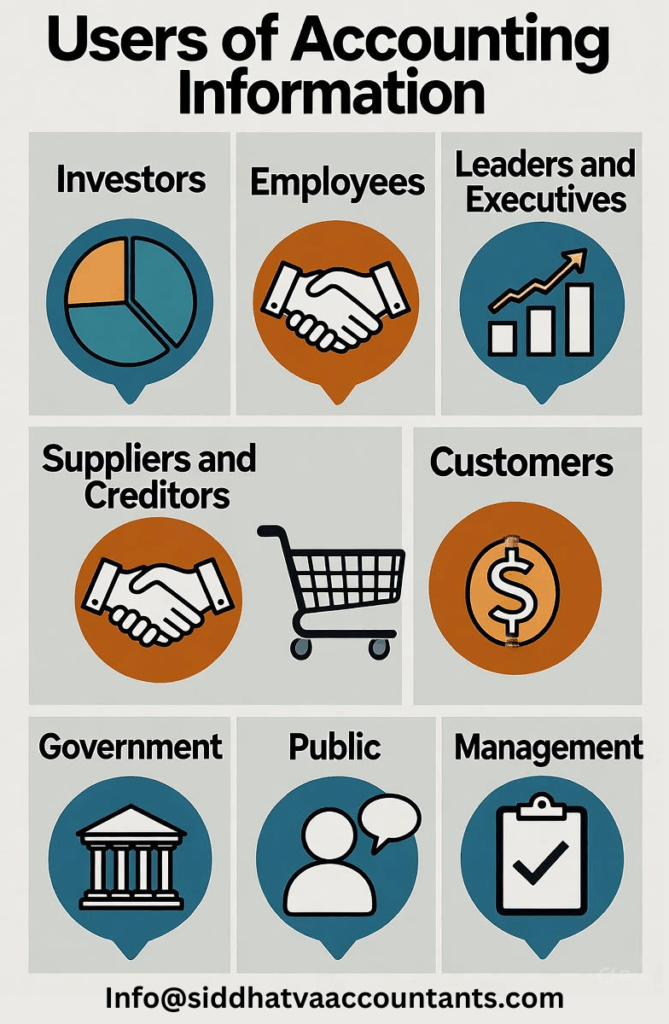
Investors
Investors are one of the most important users of accounting information. They analyze financial statements to evaluate profitability, risk, and potential return on investment.
How they use it:
- Assess financial stability and growth potential
- Make decisions about buying or selling shares
- Evaluate company performance over time
Purpose:
To decide whether investing in the business is profitable and secure.
Employees
Employees use accounting information to understand the company’s performance and job security. It also helps them know whether salary increments, bonuses, or benefits are sustainable.
How they use it:
- Evaluate the company’s profitability and growth
- Negotiate fair wages and benefits
- Understand job security and career prospects
Purpose:
To assess financial stability and future opportunities within the company.
Management (Leaders and Executives)
Management, including leaders and decision-makers, relies heavily on accounting information for planning, controlling, and making strategic business decisions.
How they use it:
- Budgeting and resource allocation
- Measuring performance against targets
- Identifying areas for cost control and growth
Purpose:
To guide the company toward efficiency, profitability, and long-term sustainability.
Suppliers and Creditors
Suppliers and Creditors provide goods, services, or loans to the business. They use accounting information to determine a company’s ability to meet its payment obligations.
How they use it:
- Evaluate liquidity and creditworthiness
- Set credit limits and payment terms
- Decide whether to continue or extend credit
Purpose:
To minimize risk and ensure timely repayment.
Customers
Customers may also use accounting information to assess a company’s reliability and long-term stability, especially in long-term contracts or partnerships.
How they use it:
- Evaluate the company’s financial health
- Ensure consistent product or service delivery
- Build trust in long-term relationships
Purpose:
To ensure the company is financially capable of fulfilling commitments.
Government and Its Agencies
Government authorities rely on accounting information to enforce laws, collect taxes, and monitor economic activities. Regulatory agencies ensure that businesses follow proper accounting and taxation rules.
How they use it:
- Assess and collect taxes
- Enforce compliance with financial regulations
- Evaluate industry performance and national economic health
Purpose:
To maintain transparency and regulate fair business practices.
Public
The general public uses accounting information to understand how a company contributes to the economy and society. Communities are interested in the company’s environmental, social, and ethical impact.
How they use it:
- Evaluate corporate social responsibility (CSR) activities
- Understand the company’s role in local development
- Assess job creation and community support
Purpose:
To measure the company’s social and economic contributions.
Management (Internal Users)
While already mentioned under leadership, management as an internal user deserves special focus. Managers depend on detailed internal reports that help them monitor daily operations and long-term financial goals.
How they use it:
- Make investment and expansion decisions
- Control costs and improve efficiency
- Forecast future trends
Purpose:
To ensure the company operates efficiently and remains financially strong.
Importance of Accounting Information
Accounting information is essential for:
- Decision-making – helping all stakeholders make informed financial choices.
- Transparency – ensuring trust among investors, employees, and the public.
- Compliance – maintaining adherence to legal and tax regulations.
- Planning and control – guiding management toward effective resource use.
Without accurate accounting information, businesses risk poor decision-making, inefficiency, and loss of credibility.
Conclusion
Accounting information is more than just numbers it’s the foundation of business transparency and trust. From investors and employees to governments and the public, each user depends on it to make sound decisions and evaluate business performance.
Every stakeholder, internal or external, relies on accounting data to ensure that the business remains ethical, efficient, and financially sustainable.
Call to Action
Want to ensure your business provides accurate, transparent, and reliable financial information to all its stakeholders?
Connect with us today to build trust, improve decision-making, and strengthen your financial reporting systems.

